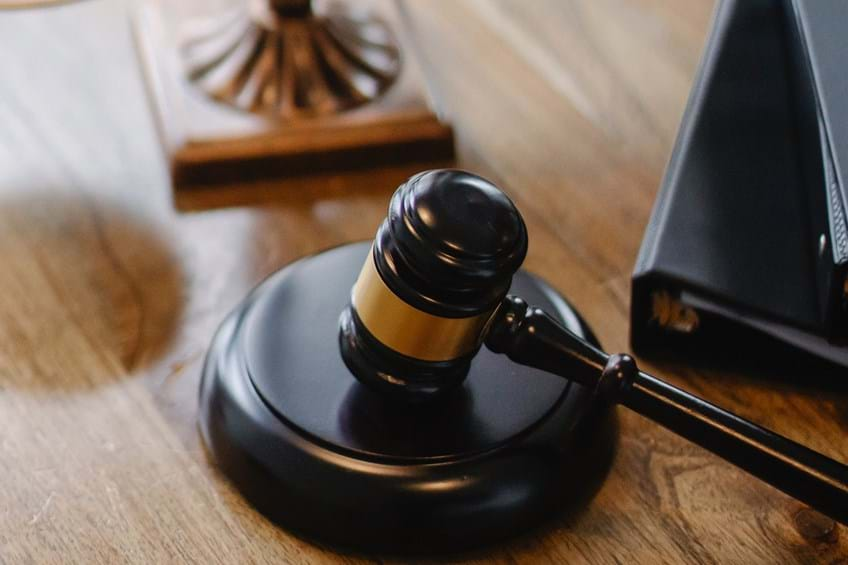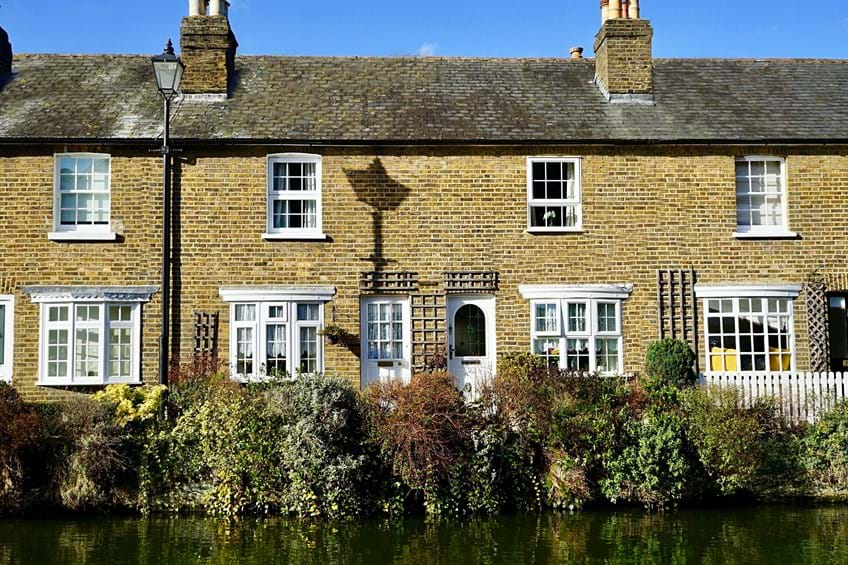Enforcing a County Court Judgement (“CCJ”)
19th March 2015
Enforcing a County Court Judgement (“CCJ”)
Introduction
The most common method for trying to enforce a CCJ is by way of instruction of a CCB or HCEO to collect the outstanding debt either by collecting payment from the debtor or seizing and selling the debtor’s goods.
CCB or HCEO?
CCJ’s below £600.00 can only be enforced by a CCB through a Warrant of Control. Judgements between £600.00 and £5,000.00 can be enforced by either a CCB or HCEO. Judgements above £5,000.00 can only be enforced by a HCEO. To instruct a HCEO, the CCJ must be transferred to the High Court and a Writ of Control of obtained. Generally speaking HCEO’s are considered to be more effective at collecting debts that CCB’s. CCB’s are salaried civil servants employed directly by the Courts, whilst HCEO’s are private individuals/companies authorised by the Lord Chancellor and their profitability is often dependent upon high collection rates.
The Process of Enforcement
- Notice of a Visit
With either a Warrant of Control or a Writ of Control, the first stage in the process is for Notice of Enforcement to be given to the debtor. This must be at least 7 clear working days’ notice. Unfortunately this does give the debtor the opportunity to move goods “out of reach” and to prepare for the visit of the CCB or HCEO.
Obviously if the debtor pays in full within the period stipulated by the Notice, then enforcement is concluded.
- Attending the Debtor’s Address
If full payment is not made within the Notice period, a CCB or HCEO can attend the debtor’s address. The Warrant of Control or Writ of Control authorises the CCB or HCEO to take control of goods of the debtor which may be sold at auction to realise the debt.
Sometimes the debtor will pay in full or enter into a payment arrangement agreed with the creditor. Unless the debtor defaults here, the enforcement action will cease.
- Taking Control of or Removing Goods
If stage 2 above does not lead to a full realisation of the debt, then the CCB or HCEO may remove the debtor’s goods for sale or leave them securely at the debtor’s premises or at another secure premises until the debt is paid in full. The debtor is not allowed to remove or sell the goods if the latter occurs. If the sold goods do not cover the whole of the debt or the debtor breaks the terms of a payment arrangement, then the CCB or HCEO can return to the debtor’s premises.
- Sale/Disposal of the Goods
If goods need to be removed, then the debtor gets 7 clear day’s notice of a sale.
- Gaining Entry to Seize Goods
The CCB may enter via a normal means of entry that is either open or unlocked by opening without the use of force. Once entry has been gained, the CCB may force internal locked doors. The CCB can also enter if he has previously been allowed in and is returning to collect goods to be sold. CCB’s may use force to break into commercial premises, provided there are no residential premises attached. Similar rules apply to HCEO’s.
- Which Goods can be Seized?
There are a wide range of goods from within the debtor’s premises or on the highway that can be seized and include but are not limited to the following:-
(i) Vehicles, boats and aeroplanes.
(ii) Stock and machinery.
(iii) Computers and office equipment.
(iv) Household furniture.
(v) Jewellery and art.
(vi) Money, bank notes and cheques.
(vii) Bonds, shares, securities and deeds.
(viii) Livestock and animals.
(ix) Firearms.
(x) Jointly owned property.
(xi) Items held by the Police.
(xii) Goods on finance (provided the sale is agreed to by the finance company).
There are certain goods which cannot be seized which include the following:-
(i) Items which the debtor needs for his job or business, such as tradesman’s tools or books.
(ii) Essential household items which the debtor and his family needs such as clothing or bedding.
(iii) Goods which may have already been seized by enforcement agents acting under another Warrant or Writ.
In respect of exempt item (i) above, the exemption is permitted only to sole traders where the tools are used solely by the debtor for their work. They are not exempt if the debtor allows anyone else to use them, for example an apprentice or a spouse. Tools of the trade belonging to partnerships or limited companies are not exempt.
Where tools of the trade are deemed to be exempt, this is only up to the value of £1,350.00. Any tools belonging to a sole trader above that total value may now been seized by the CCB or HCEO.
In respect of jointly owned property, e.g. goods owned jointly with a spouse, these may be taken but if the item is subsequently sold then the co-owner will receive their proportion of the proceeds of sale according to their interest. The co-owner will obviously need to provide proof of their portion of ownership.
- Can the Debtor apply to the Court to stop Enforcement
The debtor may make the following applications to the Court:-
(i) To request that the CCJ be set aside or varied.
(ii) To appeal the CCJ.
(iii) To request that the Warrant be suspended or the Writ be stayed.
With any application the debtor will have to provide a good reason for his application and also provide strong supporting evidence. Any application for any of the above by a debtor will not stop enforcement. Enforcement may proceed until the Court rules in the debtor’s favour.
However a bankruptcy petition or a company winding-up petition will stay execution. As soon as the CCB or HCEO is made aware that the Warrant or Writ has been suspended or stayed, then enforcement must stop.
If you need advice about collection of a CCJ then please contact Daven Naghen on 01775 72261 or email daven.naghen@maplessolicitors.com or arrange an appointment or visit us at our offices at 23 New Road Spalding Lincolnshire PE11 1DH.



